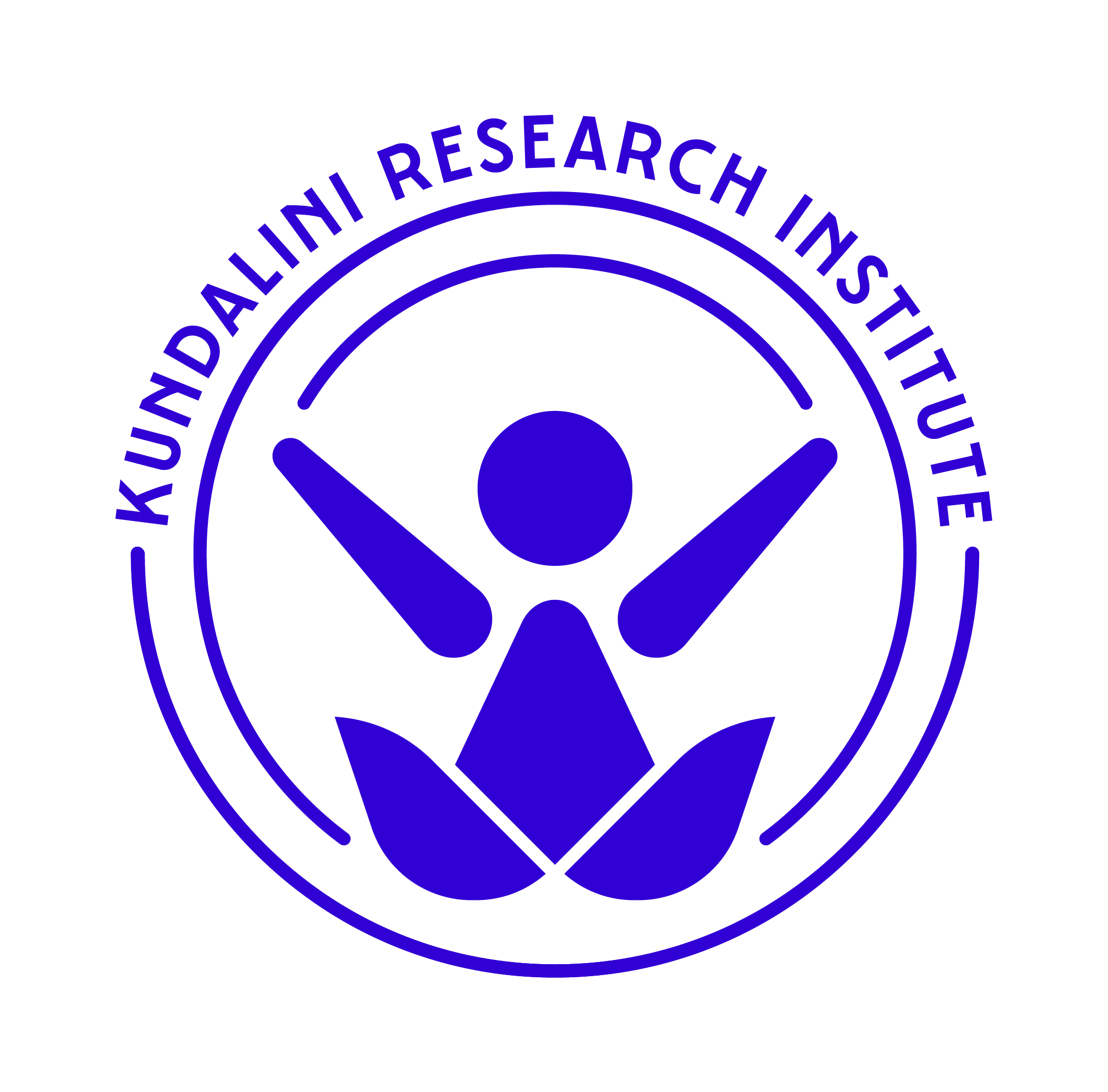Although the Human Immunodeficiency Virus (HIV) is no longer the potential global killer epidemic that it was a few decades ago and has faded from the media attention it once had, it is still a prevalent and deadly disease that demands attention and resources. HIV weakens a person’s immune system by destroying CD4 T-cells, which fight disease and infection. If left untreated, HIV progresses to Acquired Immune Deficiency Syndrome (AIDS) in about 10 to 12 years. Scientists believe that HIV may have jumped from apes to humans as far back as the late 1800’s, although 1981 marks the first official reporting of what has become known as the AIDS epidemic. The virus is transmitted through contact with infected blood, semen, or vaginal fluids. Therefore, individuals who engage in risky behaviors such as unprotected sex with multiple partners or drug users who share syringes are at a higher risk for acquiring HIV. These reasons also make prisons high-risk environments for HIV transmission. In addition, stress, which compromises the immune-neuroendocrine pathways can lead to greater replication of the HIV virus and faster disease progression.
Currently about 36.7 million people worldwide are living with HIV and in 2014 it was the 8th leading cause of death for those aged 25-34. Pharmacological treatments such as Antiretroviral Therapy (ART) slow the progression of the disease, increasing both life expectancy and quality of life. However, there are significant side effects from HIV medications that range from rashes, anemia, nausea and diarrhea to severe liver or kidney failure. Psychotherapy is also recommended to help with the impairment in quality of life, as feelings of hopelessness, depression and stress are common amongst HIV patients.
Up to 74% of individuals with HIV also commonly seek out complementary therapies to manage HIV symptoms or medication side effects. One such therapy is Yoga, which has been associated with reducing psychological distress, increasing T-cell count and buffering the decline of CD4 T-cells. Yoga is well-known for its capability of decreasing stress activation in both the autonomic system via reduction in sympathetic activity, and also in the hypothalamic-pituitary-adrenal axis via a reduction in cortisol levels. Evidence suggests that elevated cortisol levels may enhance viral replication and lead to faster HIV disease progression. The increased viral load can also inhibit the formation of new undifferentiated blood cells (hematopoietic stem cells) and yoga appears to play a role in restoring normal levels of hematopoiesis through potential regulation of gene expression and other unknown mechanisms. Yoga also enhances quality of life and increases self-efficacy by enabling patients to take a more active role in their treatment. The spiritual component of yoga is an additional benefit that can enhance psychological well-being amongst individuals with chronic illness.
These mechanisms may help to explain the recent encouraging findings of yoga for HIV research. In 2016 researchers from the School of Yoga and Life Sciences at the S-VYASA University in Bengaluru, a leading yoga research institute in India, studied 44 HIV patients who were randomized to either a Yoga intervention or a control group. The hour-long Yoga intervention included physical postures, breathing, relaxation and meditation, practiced 6-days a week for a month. The control group continued with their daily routine at the HIV rehabilitation center. At the end of the study, control subjects had an increase in anxiety and depression scores as well as a reduction in CD4 cell counts, although these changes were not statistically significant. On the other hand, the yoga participants showed a significant reduction in depression scores and a significant increase in CD4 cell counts when compared to the control group. Therefore, it appears that only one month of yoga practice is sufficient to reduce depression and improve immunity in HIV adult patients.
Another recent pilot study was published in the Journal of Complementary and Alternative Medicine in 2015. Researchers at the Miami Center for AIDS research, at the University of Miami, FL looked at 24 HIV patients who also use crack cocaine. The subjects were assigned to either a Yoga Meditation (YM) intervention or a non-contact control group. The YM group participated in two 60-minute sessions weekly that included yogic movements, breathing, meditation and Yoga Nidra relaxation. The intervention lasted 2 months and researchers concluded that the program was acceptable and feasible with 89% overall attendance and 83% participation in the yoga sessions. Although the YM participants showed modest improvements on their Quality of Life (QOL) scores, their salivary cortisol levels did not change. Researchers attribute this anomaly to the nature of the subpopulation (cocaine users with HIV), the small sample size and short intervention time. However, significant improvements on the Perceived Stress Scale and Impact of Events Scale (QOL variables) were noteworthy. Since both these scales measure stress and response to stressful/traumatic events, these positive findings suggest that a longer intervention might further improve QOL in this population.
Despite the encouraging results of these early studies, they are limited in strength due research design limitations of small sample sizes, short intervention times and the lack of active control groups. Larger randomized control trials (RCTs) are required to add statistical power and better understand the mechanisms underlying the efficacy of yoga interventions for HIV patients. An exciting new study in Halifax, Canada will be assessing the effects of a 12-week, community-based yoga intervention on cognition, balance, mental health, and quality of life in 30 HIV patients. Continued research and new studies will further our understanding of the therapeutic potential of yoga for HIV patients and highlight the mechanisms underlying the observed benefits.
Teacher

KRI is a non-profit organization that holds the teachings of Yogi Bhajan and provides accessible and relevant resources to teachers and students of Kundalini Yoga.


 Français
Français Deutsch
Deutsch Italiano
Italiano Português
Português Español
Español 简体中文
简体中文
More Related Blogs